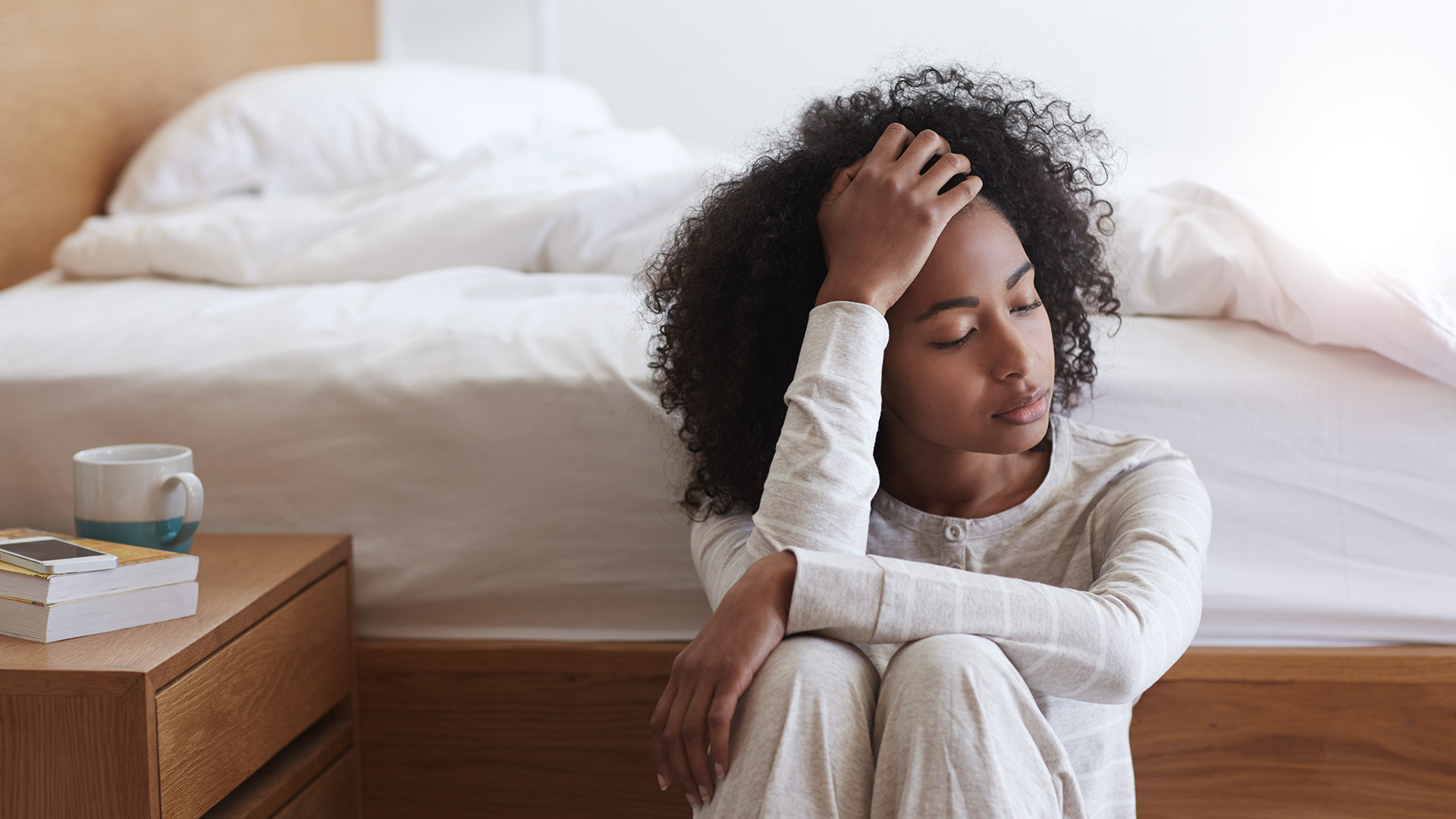Naturally early risers are less likely to suffer from depression, study finds
New research reveals that asking night owls to rise early leads to poorer wellbeing


Get all the latest news, reviews, deals and buying guides on gorgeous tech, home and active products from the T3 experts
You are now subscribed
Your newsletter sign-up was successful
A large-scale study from the University of Exeter has found evidence that going against your natural body clock preference has a negative impact on your mental health. We spoke to PhD student Jessica O’Loughlin, the lead author on the paper, to find out more.
"We found the most robust evidence to date that being an early riser, you are less likely to have depression and more likely to report a higher well-being," says Jessica. The research, published at Nature.com, suggests that being misaligned with your natural sleep schedule is linked to the poorer wellbeing, but because typical working hours are skewed earlier in the day, it's natural night owls who are impacted most.
"We found that morning people are more aligned to their body clock preference and we believe this may be because of the way society is setup to a 9 to 5 schedule which benefits early risers," adds Jessica.
- New prototype violet LEDs won't keep you awake like blue light does
- Research says having a hot bath can improve physical fitness as efficiently as exercise
If you're thinking that your body clock is a matter of preference and discipline, that's not the whole story. This study builds on previous research using data from 23andMe (you'll know it as the company behind some of the best DNA home test kits) that identified 351 genes associated with being an early riser or a night owl.
That's not to say there aren't things you can do to shift your natural body clock, says Jessica. "This is a population representative study that uses these genetics to show early risers are protected from depression and have a better wellbeing. However, people can establish routines and make lifestyle choices that may mean they are working against their body clock, and this may not affect their mental health."
What about shift workers, whose sleep patterns are all over the place? Analysis on that is inconclusive to far, but Jessica says it could be "an interesting next line of research".
- Browse the best mattress 2021
- ... and the best memory foam mattress
- Here's how to sleep better at night
Get all the latest news, reviews, deals and buying guides on gorgeous tech, home and active products from the T3 experts

Ruth was T3's Outdoors and Wellness Editor from 2020 to 2022, covering hiking, camping and adventure sports kit, as well as mattresses, sleep accessories, yoga and general wellness. She's now a Homes Editor at sister site TechRadar, where she deals in all things air (vacuum cleaners, robovacs, fans and air purifiers), and hair (hair dryers, straighteners and stylers).